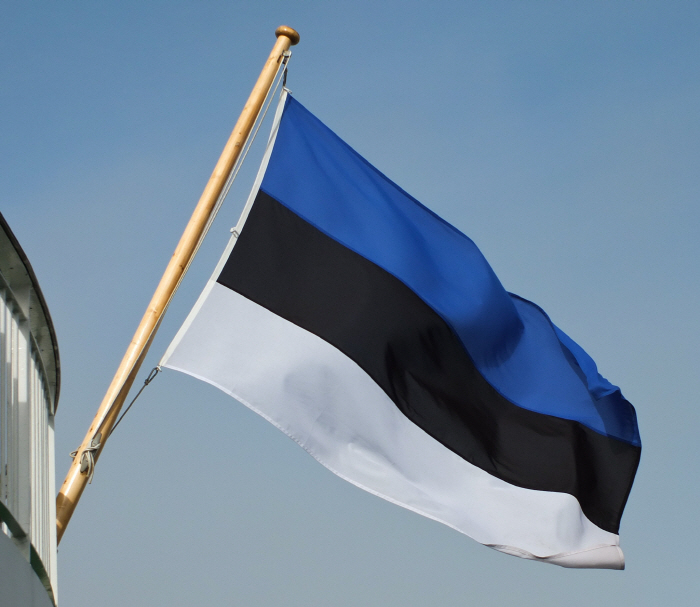The Republic of Estonia, an EU member state, has introduced e-citizenship that would allow anyone to enjoy the same digital services that ordinary Estonians enjoy such as signing all documents, launch and manage companies, do the banking, encrypt files, etc. Although it may seem strange for a former Soviet Union country to be the world's first to offer e-residency, there is still a lot of work to be done. But one thing can be said with certainty, e-citizenship has a great potential, and blockchain technology could make it even better.
The blockchain technology has a unique feature similar to e-citizenship, that it works borderless. Blockchain could simplify the issue of digital rights, as all it would entail is the creation of a digital token linked to that e-resident. Moreover sensitive information, such as the index finger scans, could be part of this token, laying the path for entirely new digital rights standards.
It's worth mentioning at this point that Estonia has been using digital ID cards for many years now, which are tied to various governmental functions, such as online financial transactions and issuing public transport tickets. The blockchain seems to be a perfect fit in this regard too as it has been supporting a peer-to-peer digital currency called Bitcoin for many years now, without failing.
Estonia shows us that a digital society is practical today, although there is very little use for obtaining an e-citizenship for people not living in Estonia or any of the other Baltic states. However, it has the potential to create a whole new standard not only for the European Union, but also for the world.
Blockchain Technology can benefit E-Citizenship

The national flag of Estonia (Heikki Siltala / Flikr)
Monday, August 24, 2015 5:43 AM UTC
Editor's Picks
- Market Data
Most Popular



 FxWirePro- Major Crypto levels and bias summary
FxWirePro- Major Crypto levels and bias summary 






























